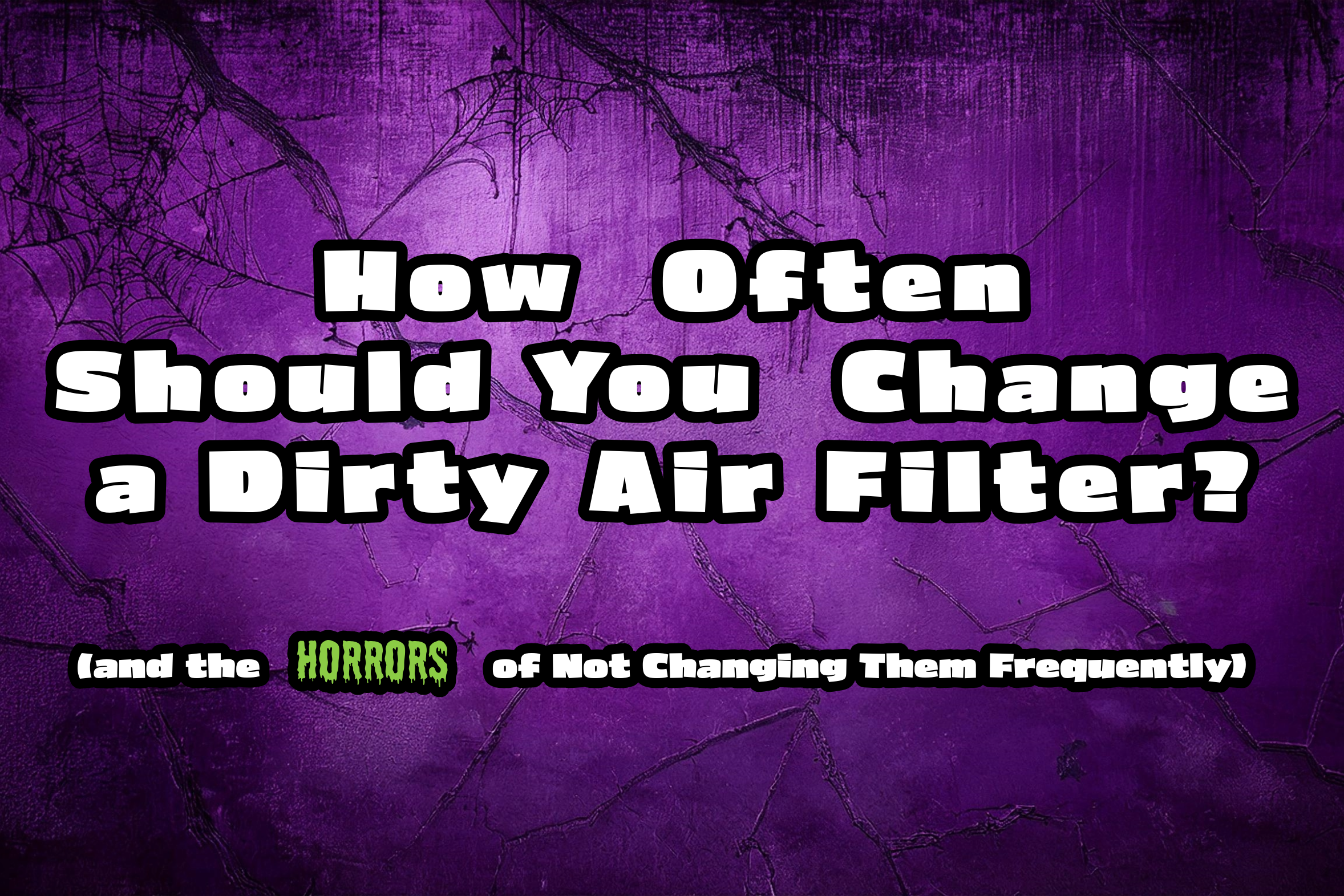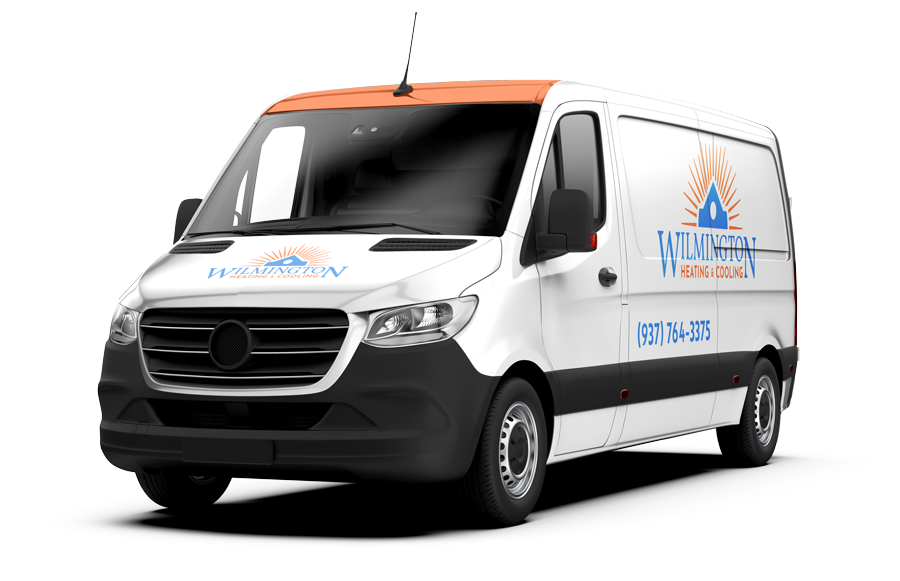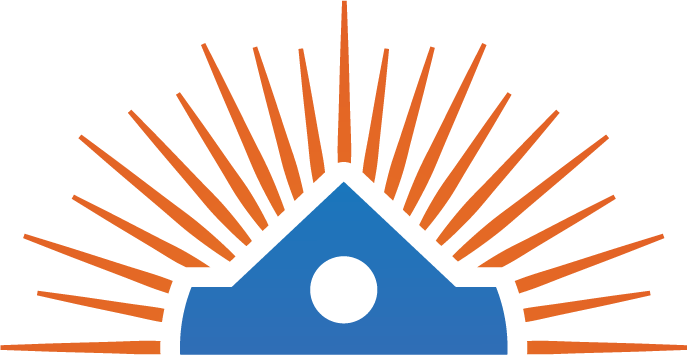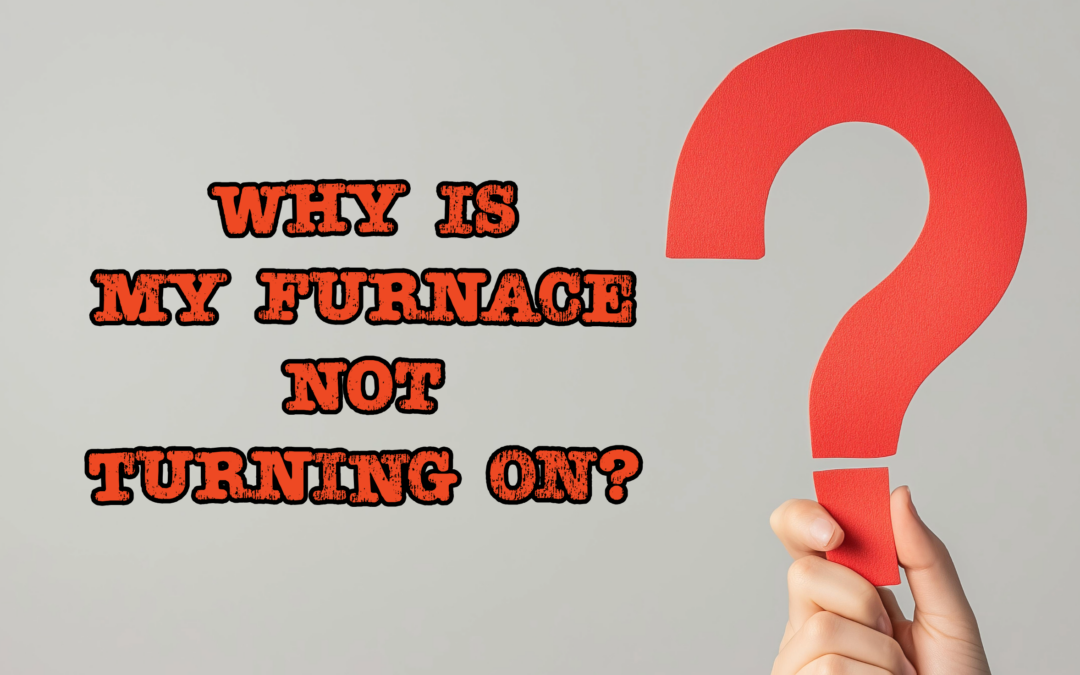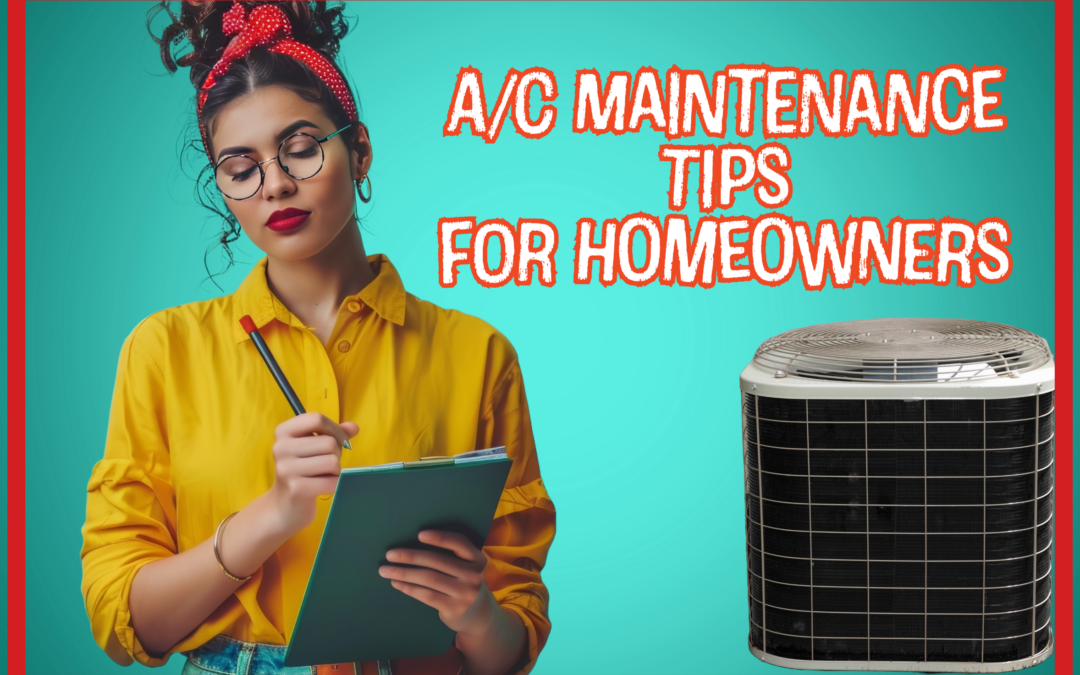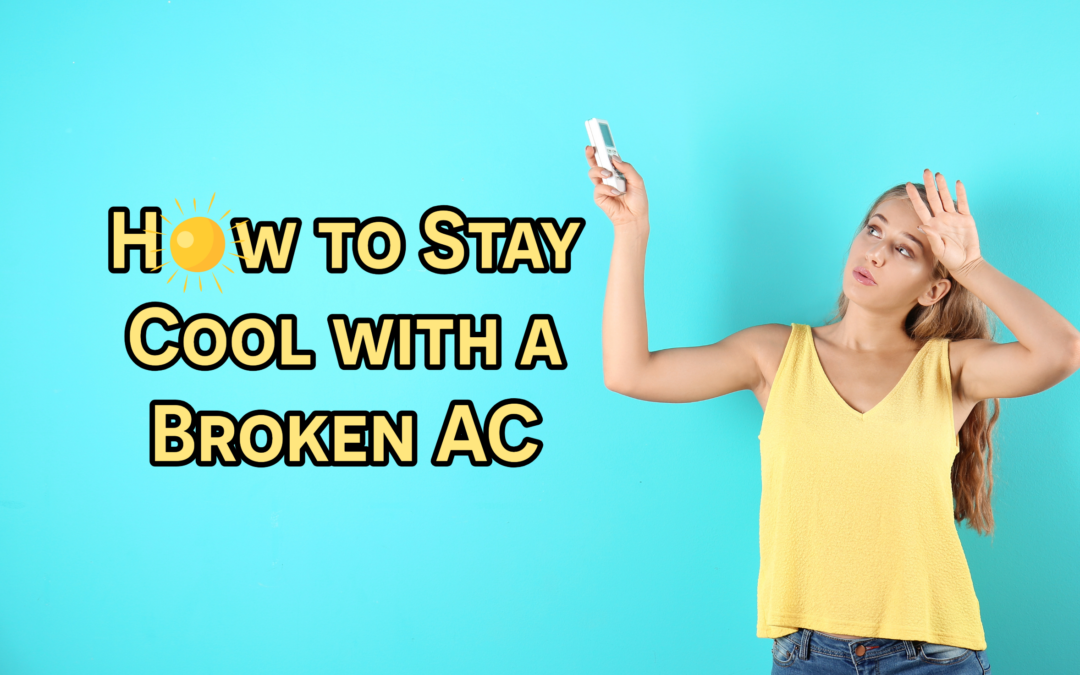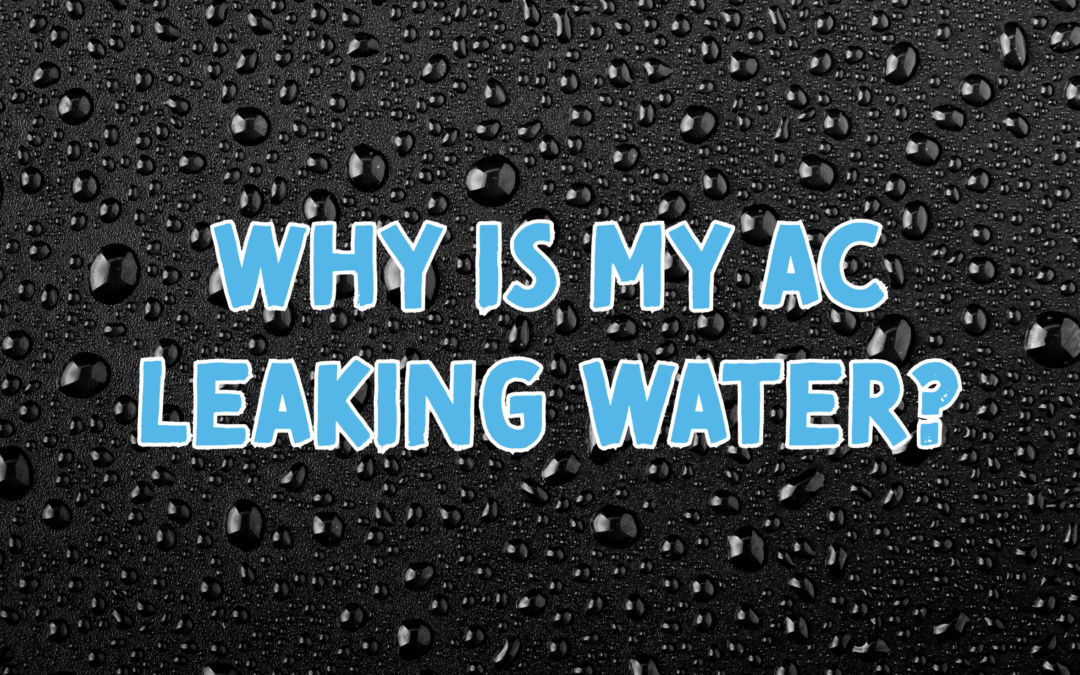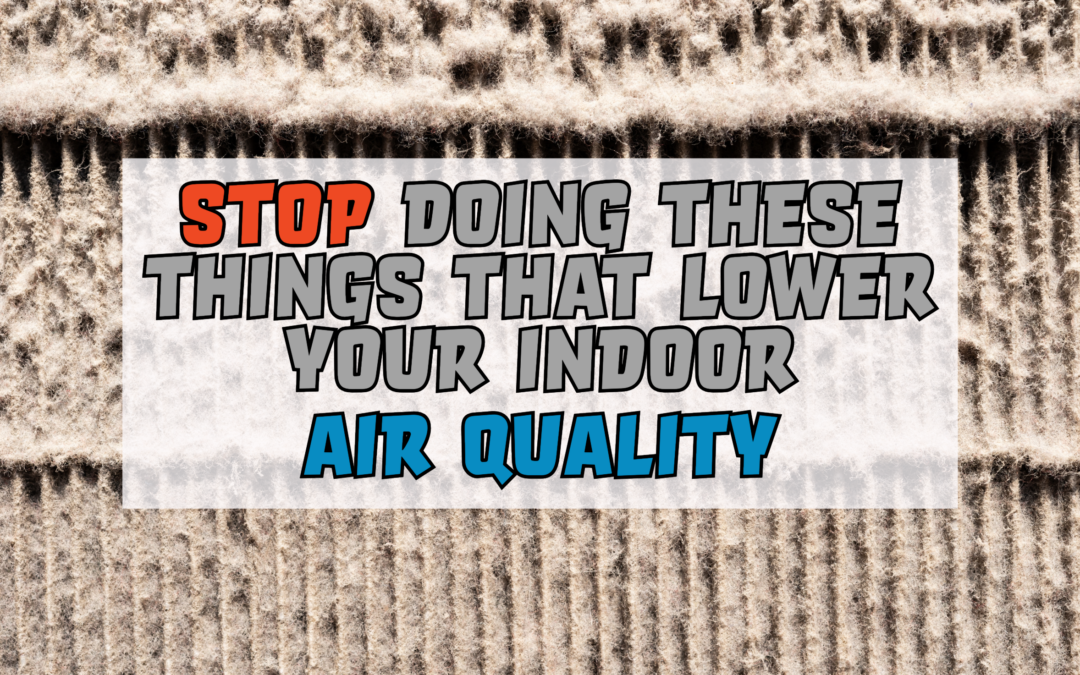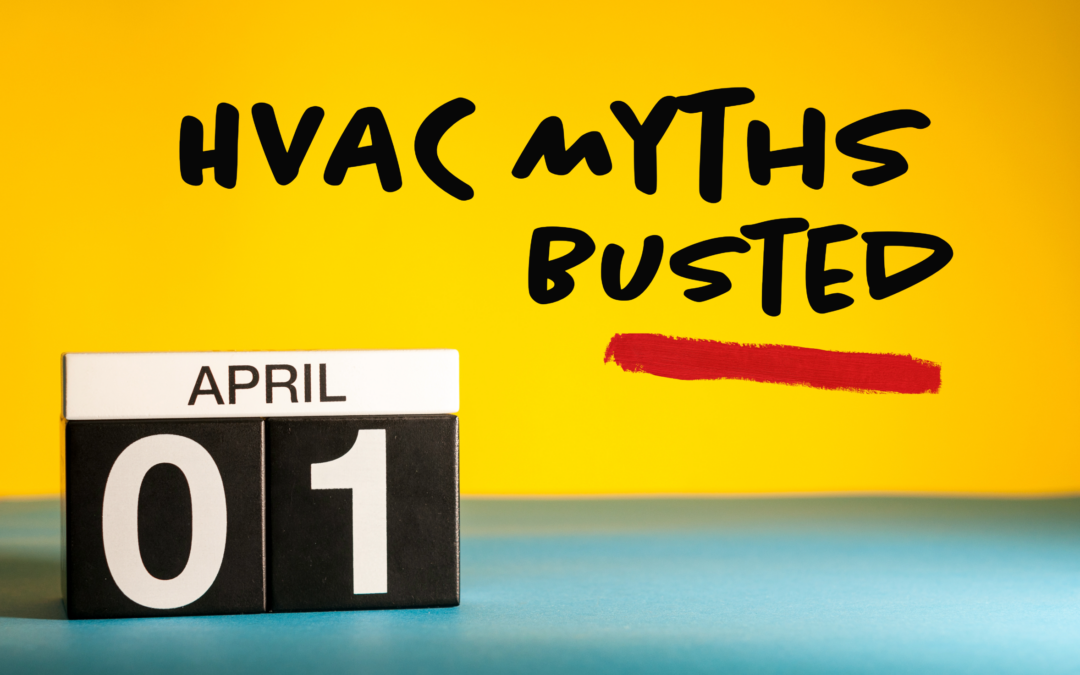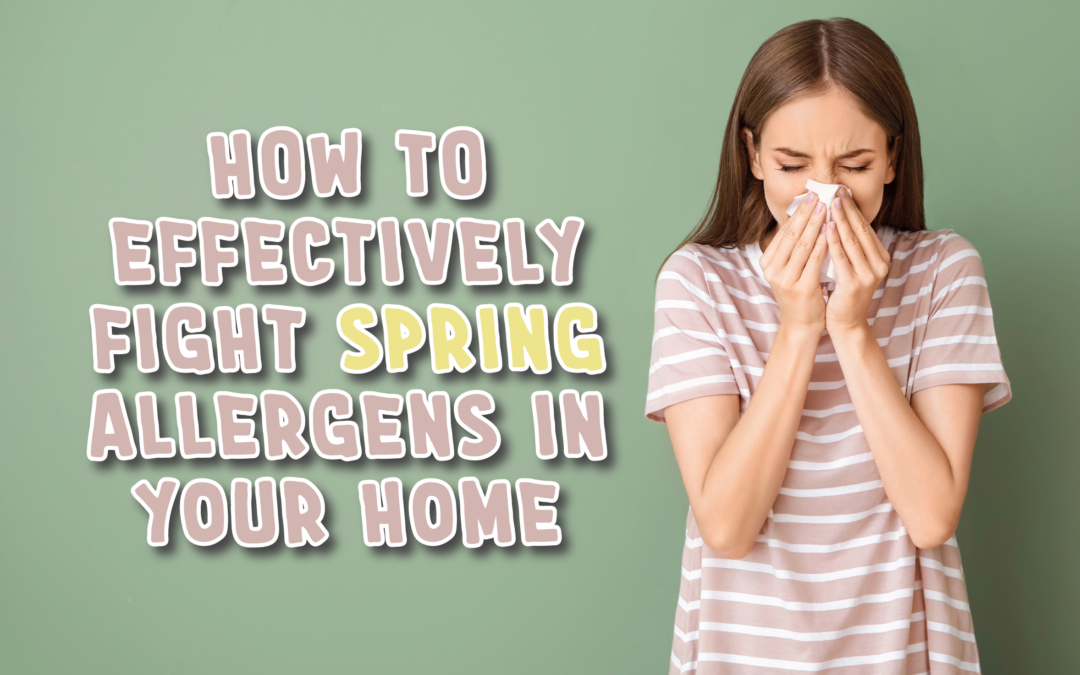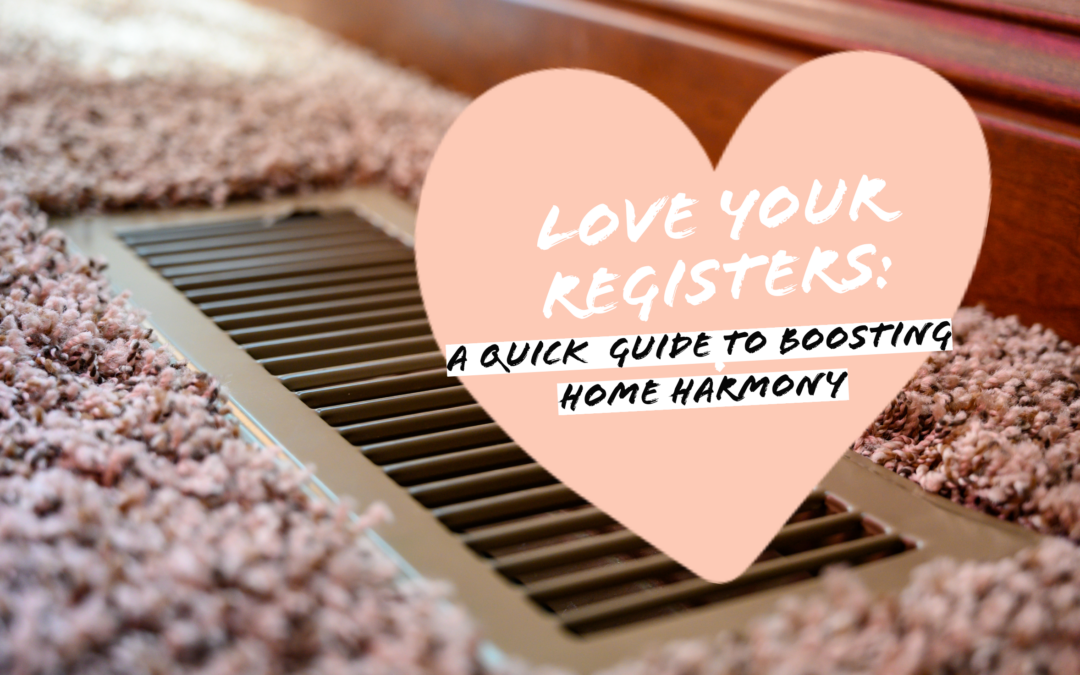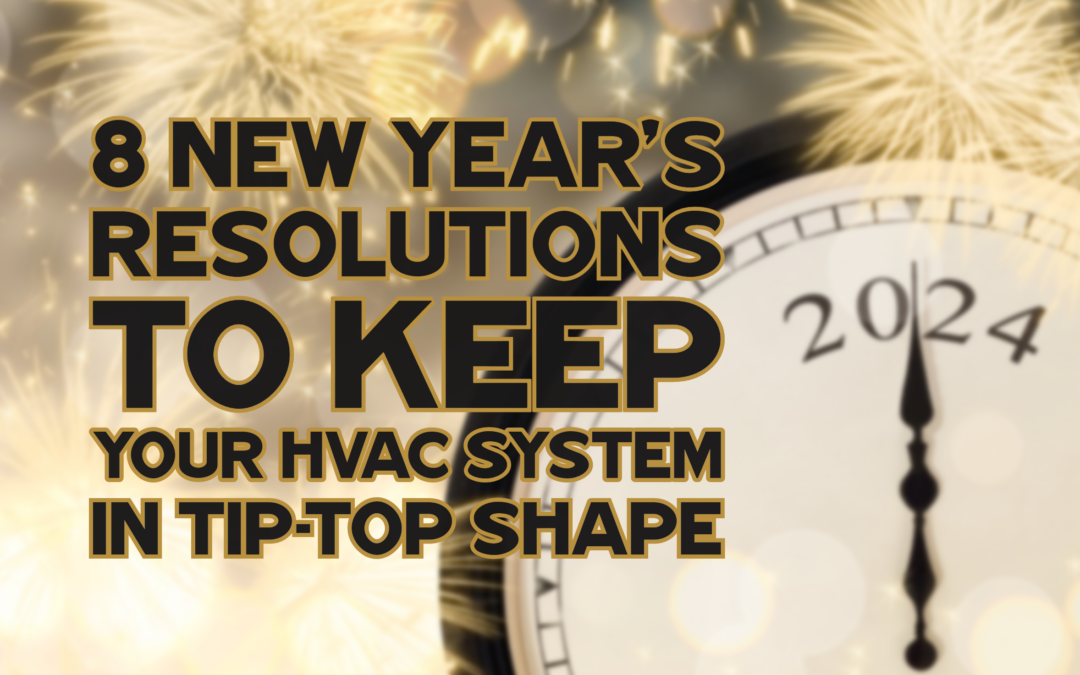Clogged or dirty air filters can lead to a range of unexpected HVAC issues. In fact, there are several significant consequences that may arise from having an excessively clogged filter. While it may appear to be a minor concern, it is important to recognize the critical role air filters play in your HVAC system. Their design and function are intentionally guided by necessity.
Air filters are designed with the protection of your HVAC system as a top priority. They effectively filter out dust, pollutants, and other airborne particles from your home, preventing these contaminants from entering your system and potentially causing larger issues. Additionally, their purpose serves a dual function: when an air filter performs its role effectively, it also prevents these undesirable airborne particles from circulating throughout your home, ensuring a healthier environment for you and your family.
Join your favorite experts at Wilmington Heating & Cooling as we uncover the scary truths regarding the consequences of not changing an air filter as frequently as necessary.
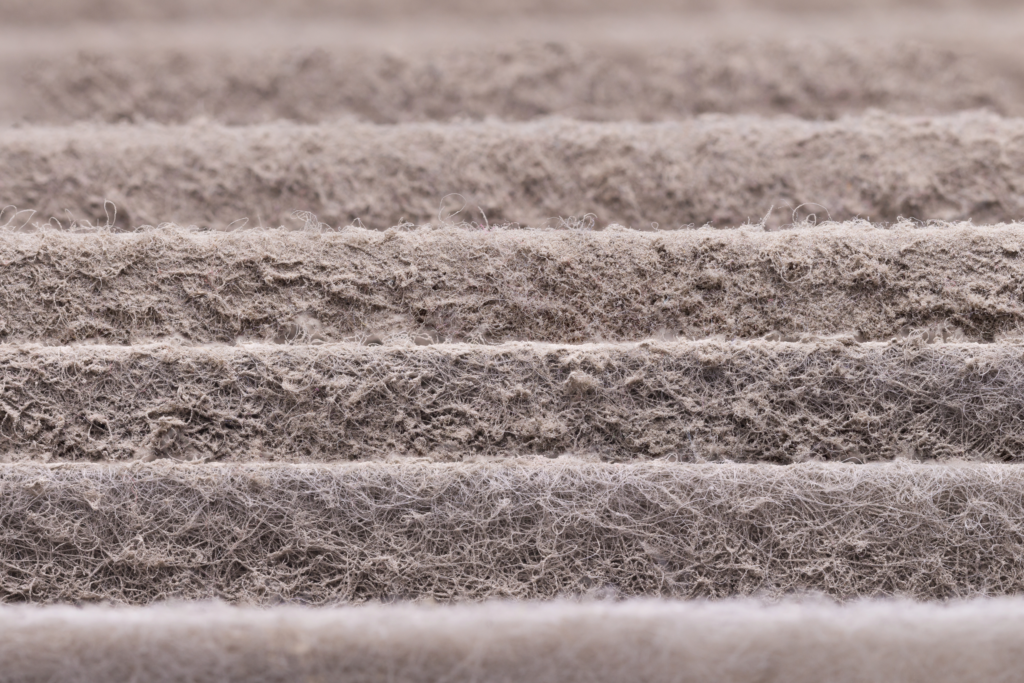
The Horrors of a Dirty Air Filter
- Reduced Indoor Air Quality: A clogged air filter hampers your HVAC system’s efficiency, resulting in diminished indoor air quality (IAQ) within your home. The following aspects are negatively impacted as a consequence:
- Circulation of Pollutants: When an air filter becomes excessively laden with dust and airborne particles, it allows harmful pollutants and contaminants to circulate freely throughout your living space, posing health risks to you and your family.
- Dust and Debris Accumulation: One immediate consequence of a congested air filter is the build-up of dust and debris in your home. You may observe dust accumulating on furniture and HVAC vents, which not only affects cleanliness but also increases your exposure to airborne particles.
- Spread of Germs and Bacteria: A less apparent yet significant consequence of a blocked air filter is the proliferation of germs and bacteria. A dirty filter can serve as a breeding ground for harmful microbes, which may circulate throughout your home and exacerbate existing respiratory conditions.
- Increased Allergy Symptoms: Additionally, obstructed air filters can lead to various health issues, ranging from minor ailments such as sore throats to more severe conditions like respiratory infections. These allergens invading your home can be quite uncomfortable to deal with. So, if you are experiencing allergy symptoms, such as sneezing, coughing, and itchy eyes, it may be beneficial to check your air filter, as poor indoor air quality can exacerbate these issues.
- Unpleasant Odors: A blocked air filter may result in musty or foul odors permeating your home, depending on the contaminants trapped within it. Regular filter changes can help prevent these unpleasant situations.
- Increased Energy Costs: When your HVAC system is forced to work harder to push air through a clogged filter, energy consumption inevitably rises. Research by the Department of Energy indicates that replacing a dirty filter with a clean one can reduce energy use by 5% to 15% for your air conditioner. The data speaks for itself.
- Higher Risk of System Failure: Lastly, neglecting air filter changes can lead to more than just compromised air quality and increased energy expenses. If filters are not replaced, your HVAC system will operate under excessive strain, potentially resulting in costly repairs in the future. It is important to recognize that this is just a glimpse of the issues that can arise from clogged air filters; numerous other preventable problems can occur as well. We urge you to prioritize regular air filter changes for the longevity and efficiency of your HVAC system.
The Suggested Timeframe to Change Your Dirty Air Filters
Now that you understand the consequences of a clogged air filter let’s discuss the recommended frequency for changes. According to industry standards, the general guideline is to replace your air filters every 30 to 90 days. Here are additional tips for managing air filter replacements effectively:
- Seasonal Changes: A practical approach to tracking air filter changes is to replace them at the beginning of each new season. Many homeowners initiate a deep cleaning of their residences with the change of seasons, so incorporating this simple HVAC task into your seasonal routine can help ensure it is not overlooked.
- After Renovations: For those who frequently engage in DIY projects or home renovations, it’s important to recognize that these activities can generate considerable dust and debris, potentially clogging air filters. It is advisable to replace your air filters with a new set following the completion of such projects.
- For Pet Owners: At Wilmington Heating & Cooling, we value our pets as part of the family. However, if you have multiple pets, it is essential to change your air filters more frequently, as pet dander and fur can accumulate more rapidly than anticipated, ultimately impacting your home’s indoor air quality.
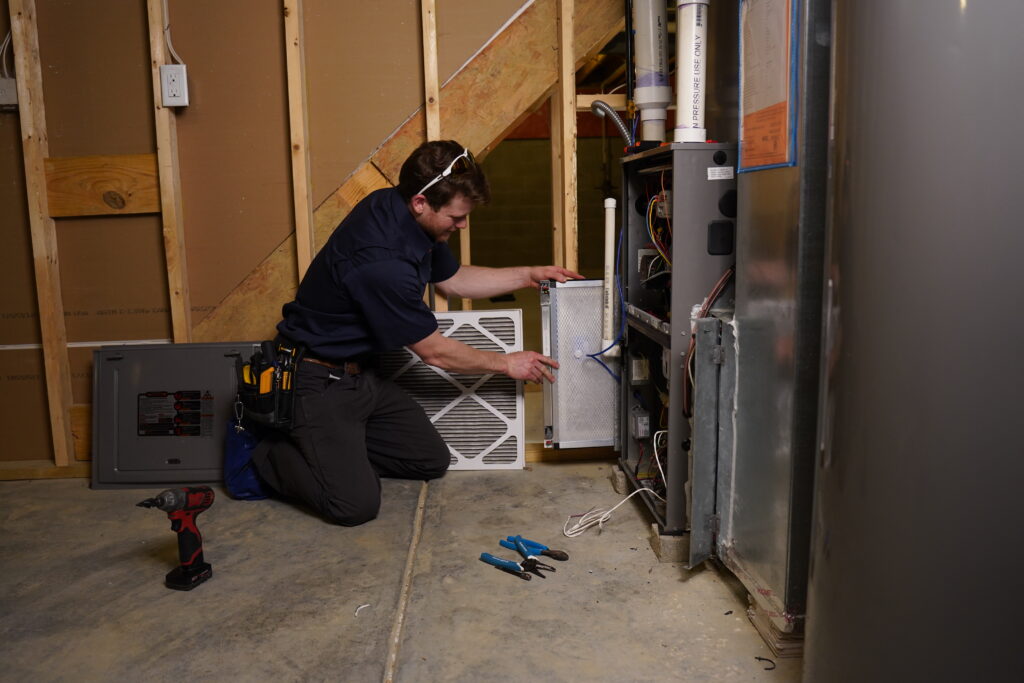
Maintaining clean air filters is vital for the efficient operation of your HVAC system and for ensuring good indoor air quality. By recognizing when your air filter is dirty or obstructed and understanding how to address it, you can effectively create a healthier environment for both your family and your HVAC system.
Wilmington Heating & Cooling is ready to assist you whenever you need us. We’ll help you conquer any HVAC scares that dare come your way! Call today at (937) 764-3575, or schedule an appointment online now by clicking here!




